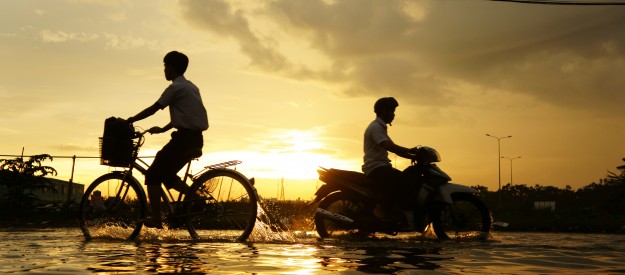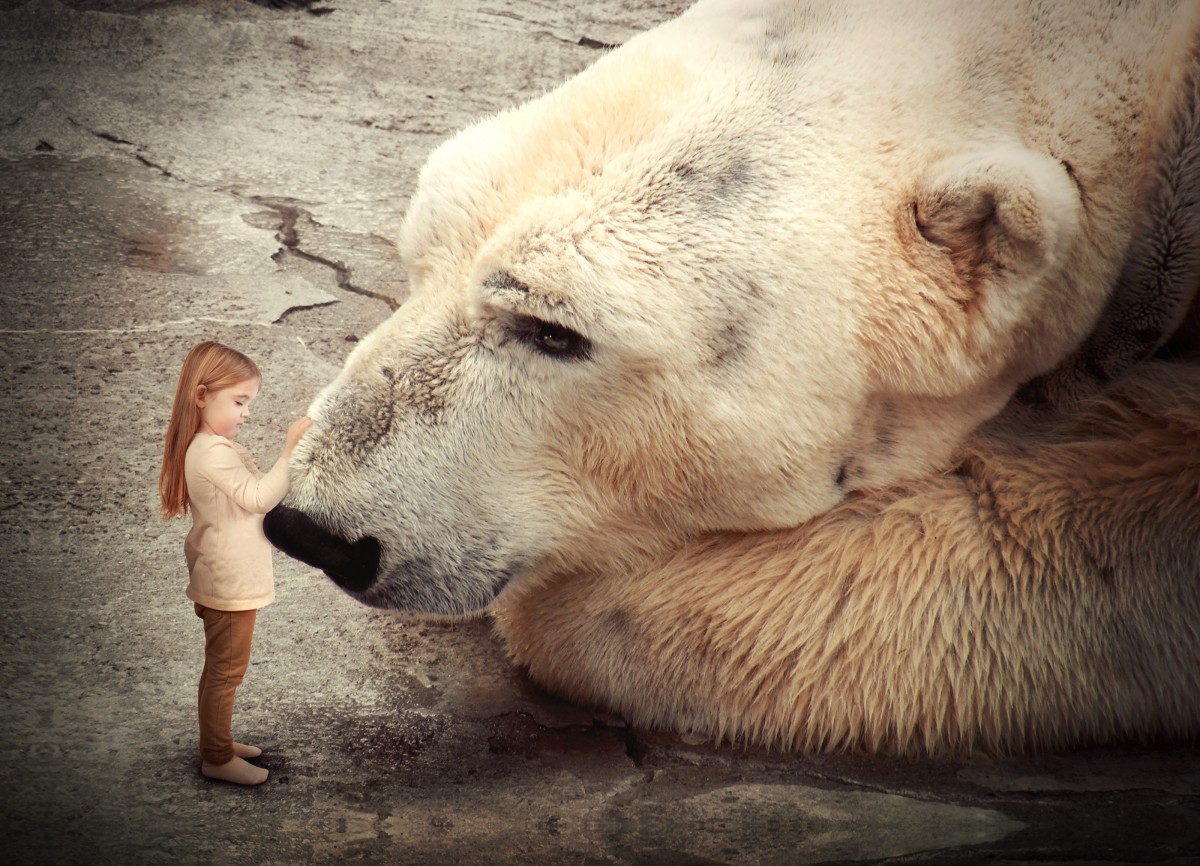"We are losing our attitude of wonder, of contemplation, of listening to creation and thus we no longer manage to interpret within it what Benedict XVI calls 'the rhythm of the love-story between God and man.'"
+ Pope Francis
Adaptation: friend and foe

We’ve had a warm winter thus far in New England—yes with a blizzard on the way at the moment, but you get the idea. A few weeks back I was walking around without a jacket, which seemed normal at the time. I was also chatting with a friend who was wearing a tee shirt and shorts as he made his way to the barber. It was January but winter was far from our minds. In some small way, he and I had adapted.
The technical term adaptation is used in my line of work to connote changes in systems of infrastructure. If the sea is going to rise a foot, then local transportation officials had better plan to relocate the road (if they can) that’s going to flood at high tide plus one foot.
As you may imagine, there is a tension in climate change circles between investments in adaptation and investments in mitigation—the latter being the cessation or reduction of activities that spur climate change.
"Don’t rely too much on adaptation," goes the concern, "without making every effort to mitigate. Because if you keep adapting, you’ll lose the very things you once wanted to save."
It's a valid point.
Thus the concern: people who are not being drastically impacted by climate change—either in actuality or they simply don’t see the connection with what's happening around them—could very well adapt as things change. They may do so without giving it much thought.
And so, for instance, say today’s children experience one or two and then five or six warmer winters or higher tides. As they grow to adulthood—and are busy with many thoughts—they may no longer think about how their parents once lived in different conditions.
A fantastic literary work that uses such adaptation to unsettle the reader (and for a laugh) is the little-known H.G. Wells book Food of the Gods and How It Came to Earth. Set in Edwardian England, unscrupulous scientists create a substance that makes living things grow very large—from thistles to bees to people. Of course the stuff is used and cannot be contained. This has all sorts of troubling consequences as the world we once knew becomes rather small. The humorous and unsettling part is how many of the characters attempt to live the life that they always have, even if their world is ending.

Here in the real world, think about how we’ve adapted in so many ways in just a few years. Same-sex marriage is now considered normal among large portions of the West’s population. Not long ago that would have been unfathomable.
The same goes with the use of marijuana, the prevalence of divorce and cohabitation, the use of a thing called the internet, and on the list goes.
The mechanism of all this change is often the evolutionary trait of adaptation—and we need to be aware of that.
It would seem that part of our educational and outreach efforts must make the case for the status quo. In many instances this is easy ... but even then I wonder. The flooding of coastal communities is clearly a harm that anyone can see must be avoided—until that community is no longer habitable. And then we may hear “Oh well, that was a community of a former time. We are a people busy building our future.”
The same cycle could happen in drought-stricken agricultural areas, or places that must attend to increases in storms and precipitation intensities. Many people may just retreat or learn to put up with the suffering. Or they may die. And the world will move on.
Hence the need for a moral response to climate change that is more than just platitudes but rather fueled by grace-induced sacrificial love of neighbor.
As for less dramatic realities, such as the loss of coastal marshes, warmer winters, or even hotter summers, my guess is that for a lot of people who are working two or three jobs and raising a family, they may not notice. And if they do, well, their priority may probably still be work and the kids.
Rather than assuming that everyone who sees the effects of climate change will appreciate it and work to mitigate it, we should assume that for a great many all that matters is the problems of the day.
Thus how well we communicate with and care for all those who lead frantic, everyday lives will make all the difference in how well we adapt to necessary new lifestyles that will protect creation, support the common good, and bring peace to our neighbors in every corner of the world.


















